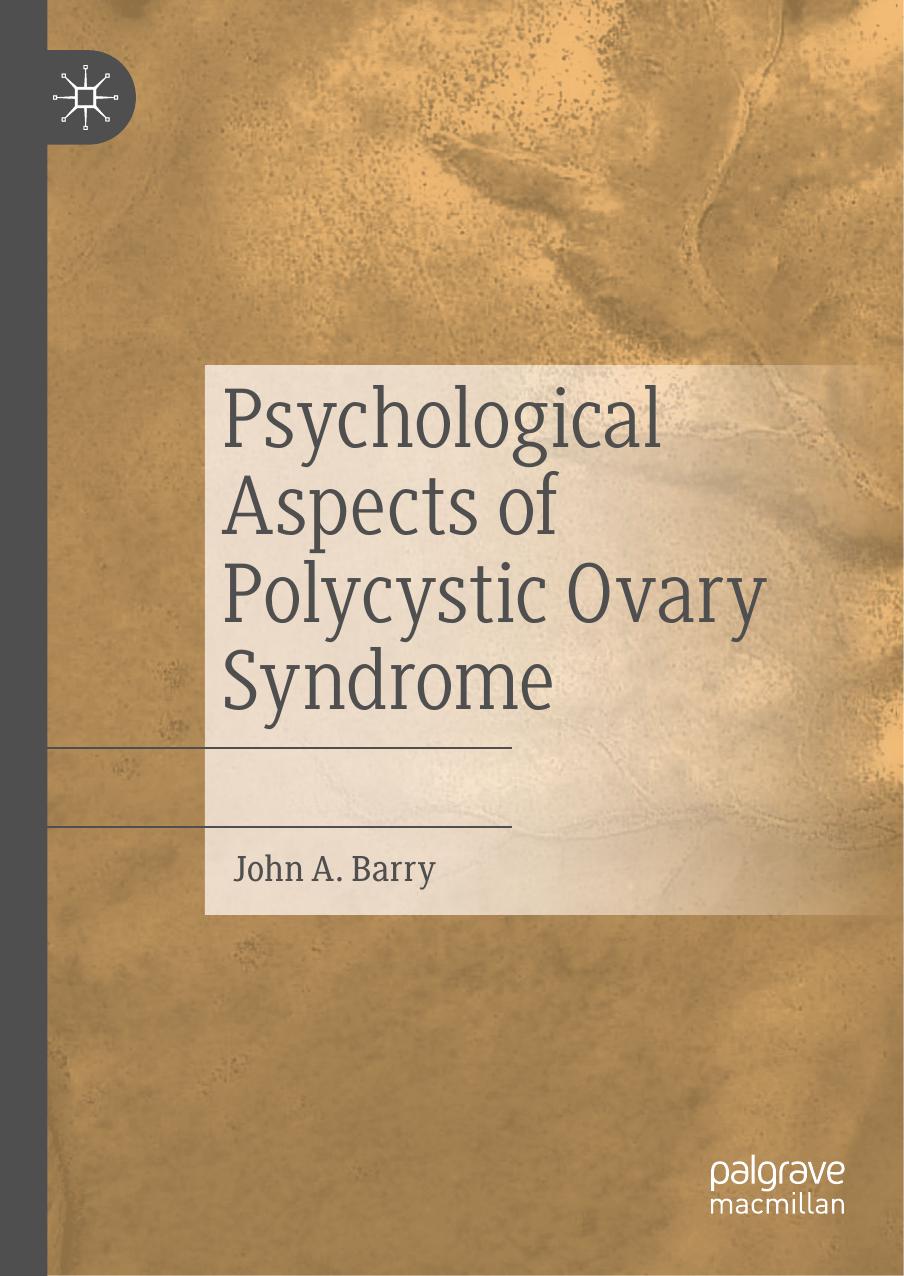Psychological Aspects of Polycystic Ovary Syndrome by John A. Barry

Author:John A. Barry
Language: eng
Format: epub, pdf
ISBN: 9783030302900
Publisher: Springer International Publishing
Is the Testosterone-Aggression Link in Humans Just a Placebo Effect?
From the findings of research presented above, we can see there isn’t much evidence for an effect of testosterone on aggression. However the idea persists in the popular mind that testosterone causes aggression, so much that it has even been used successfully in a court of law to avoid a conviction for domestic violence (Dunphy 2018, described above).
In more recent times researchers have come to understand testosterone in humans not so much as a promoter of aggression, but as a promoter of social status. In their review of studies of the effect of testosterone in social interactions, Eisenegger et al. (2011) concluded that testosterone motivates people to engage in dominance behaviour, with the aim of achieving and maintaining social status. The behaviours are usually not physically aggressive, though they might include intimidating non-verbal communication, such as staring.
One of the most interesting topics in psychology and medicine is the placebo effect. The placebo effect is when someone experiences benefits from an inert treatment that can’t be attributed to properties of the treatment. The nocebo effect is a negative version of this, where someone experiences, for example, unpleasant side effects from an inert treatment which can’t be attributed to the properties of the treatment. There is evidence that the popular misconception regarding testosterone and aggression in humans can create a nocebo effect, where people become more antisocial. A very interesting double-blind study of 60 healthy women found that those who were administered testosterone showed no more antisocial behaviour compared to women who were administered a placebo (Eisenegger et al. 2010). Fascinatingly, however, women who believed they had been administered testosterone showed more negative behaviours than those who believed they had received the placebo. This study demonstrates the power of false belief, and implies that people tend to have a negative conception of the effects of testosterone. It would be interesting to replicate this study in a male group to see whether the same nocebo effect occurs.
Download
Psychological Aspects of Polycystic Ovary Syndrome by John A. Barry.pdf
This site does not store any files on its server. We only index and link to content provided by other sites. Please contact the content providers to delete copyright contents if any and email us, we'll remove relevant links or contents immediately.
Rewire Your Anxious Brain by Catherine M. Pittman(18654)
Talking to Strangers by Malcolm Gladwell(13370)
The Art of Thinking Clearly by Rolf Dobelli(10487)
Mindhunter: Inside the FBI's Elite Serial Crime Unit by John E. Douglas & Mark Olshaker(9339)
Becoming Supernatural by Dr. Joe Dispenza(8215)
Change Your Questions, Change Your Life by Marilee Adams(7780)
Nudge - Improving Decisions about Health, Wealth, and Happiness by Thaler Sunstein(7706)
The Road Less Traveled by M. Scott Peck(7601)
The Lost Art of Listening by Michael P. Nichols(7506)
Mastermind: How to Think Like Sherlock Holmes by Maria Konnikova(7343)
Enlightenment Now: The Case for Reason, Science, Humanism, and Progress by Steven Pinker(7311)
Win Bigly by Scott Adams(7195)
The Way of Zen by Alan W. Watts(6614)
Daring Greatly by Brene Brown(6512)
Big Magic: Creative Living Beyond Fear by Elizabeth Gilbert(5771)
Grit by Angela Duckworth(5614)
Ego Is the Enemy by Ryan Holiday(5447)
Men In Love by Nancy Friday(5240)
The Laws of Human Nature by Robert Greene(5208)
